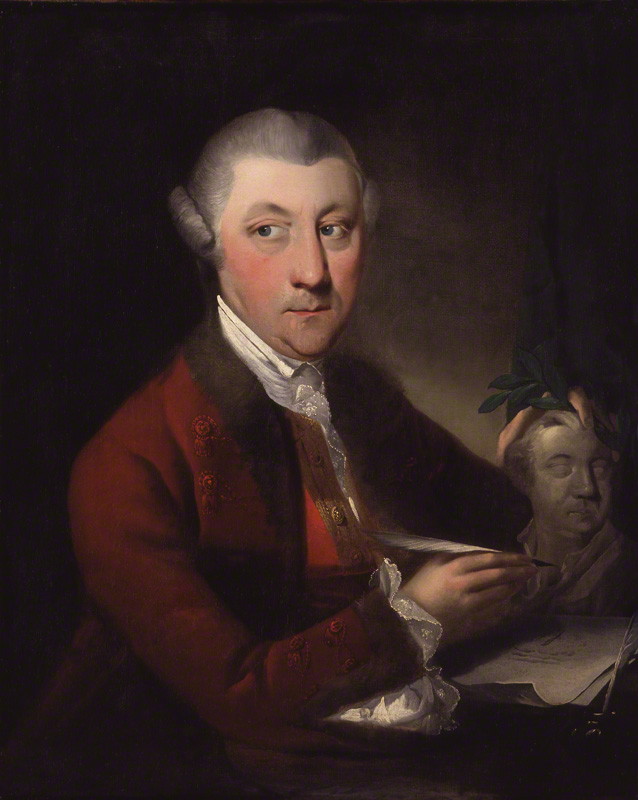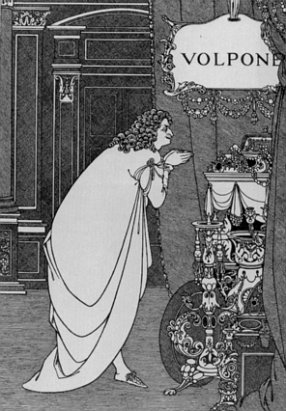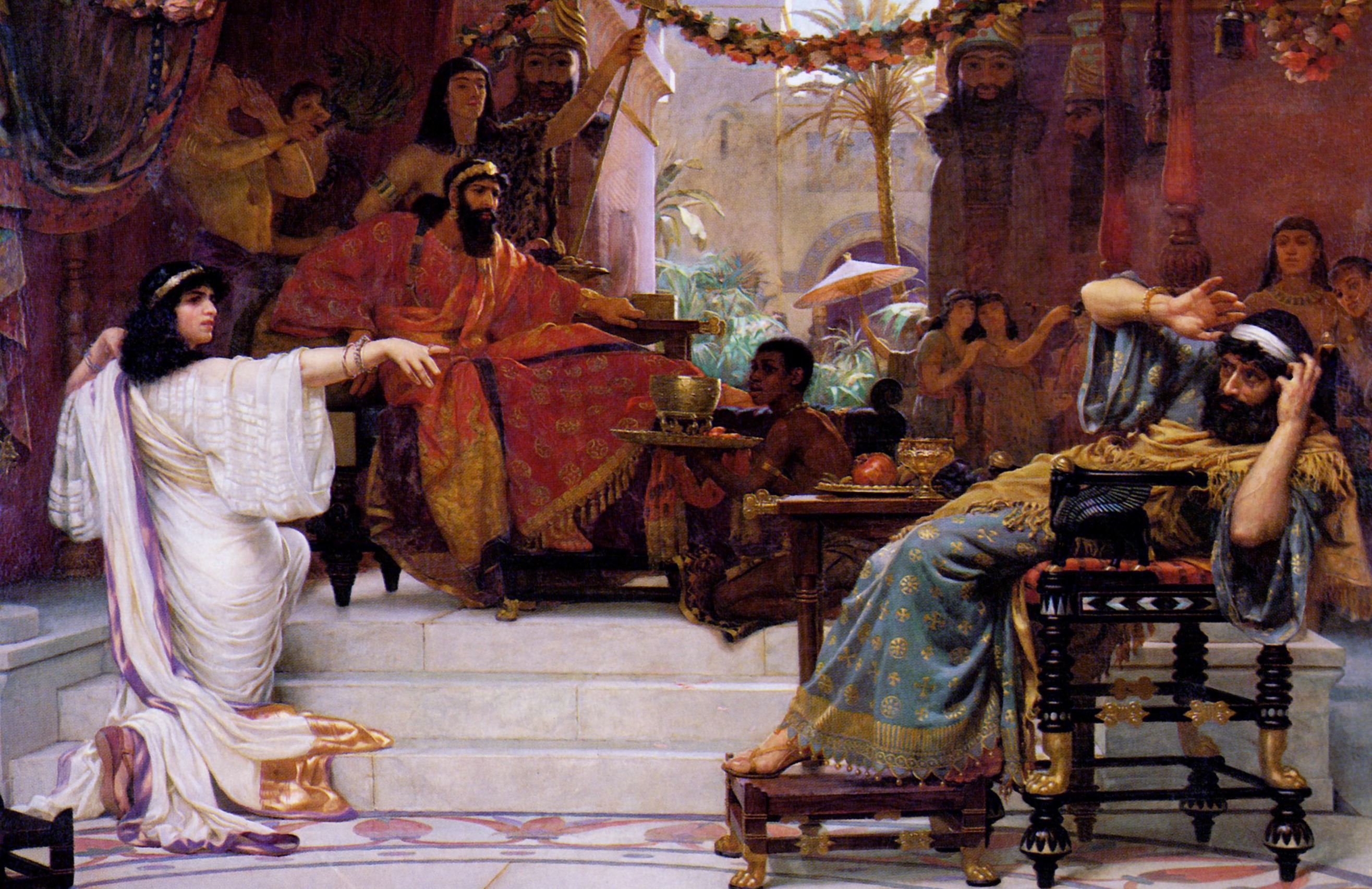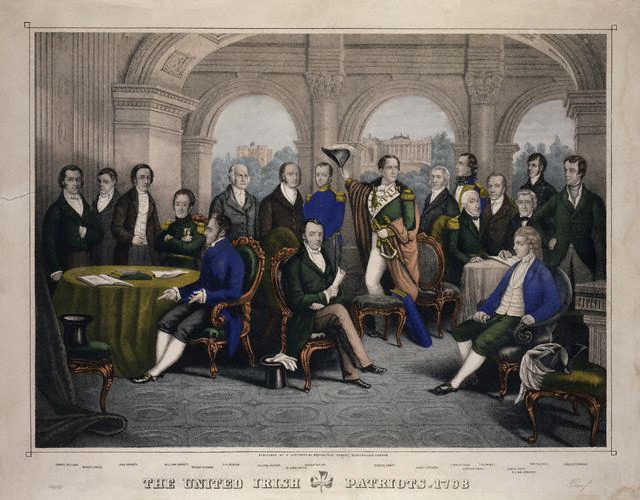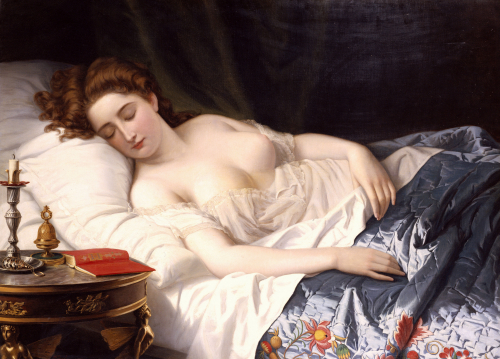|
Thomas Hull (actor)
Thomas Hull (1728–1808) was an English actor and dramatist. Early life Born in 1728 in Strand, London, where his father practised as an apothecary, he was educated at Charterhouse School, with a view to a career in the church. He made an unsuccessful attempt to follow his father's profession. Stage career According to ''Biographia Dramatica'', Hull first appeared at the Smock Alley Theatre in Dublin; and then moved on to Bath, Somerset, where he managed the theatre for John Palmer. His first recorded appearance was, however, at Covent Garden Theatre, 5 October 1759, as Elder Wou'dbe in George Farquhar's ''Twin Rivals''. At Covent Garden Hull stayed without a break, apparently, till the end of his career, a period of forty-eight years. He was the original Harpagus in John Hoole's ''Cyrus'' (3 December 1768), Edwin in William Mason's ''Elfrida'' (21 November 1772), Pizarro in Arthur Murphy's ''Alzuma'' (23 February 1773), Mador in Mason's ''Caractacus'' (6 December 1776), ... [...More Info...] [...Related Items...] OR: [Wikipedia] [Google] [Baidu] |
Thomas Hull , stage name of Tom Hull (born 1982), English singer-songwriter
{{hndis, Hull, Thomas ...
Thomas Hull may refer to: *Thomas Hull (actor) (1728–1808), English actor and dramatist * Thomas Hull (MP) (1528–1575/1576), English politician * Thomas Gray Hull (1926–2008), American judge *Tom Hull (American football) (born 1952), American football linebacker *Tom Hull (critic) (born 1950), American music critic and software designer * Tom Hull (mathematician), American mathematician who studies paper folding *Kid Harpoon Thomas Edward Percy Hull (born 20 April 1982), known professionally as Kid Harpoon, is an English singer, songwriter, musician and record producer. Career Already a fixture at local venues in his hometown of Chatham, Kid Harpoon first emerg ... [...More Info...] [...Related Items...] OR: [Wikipedia] [Google] [Baidu] |
Volpone
''Volpone'' (, Italian for "sly fox") is a comedy play by English playwright Ben Jonson first produced in 1605–1606, drawing on elements of city comedy and beast fable. A merciless satire of greed and lust, it remains Jonson's most-performed play, and it is ranked among the finest Jacobean era comedies. Characters * Volpone (the Sly Fox) – a greedy and rich childless Venetian ''magnifico'' * Mosca (the Fly) – his servant * Voltore (the Vulture) – a lawyer * Corbaccio (the Raven) – an avaricious old miser * Bonario – Corbaccio's son * Corvino (the Carrion Crow) – a merchant * Celia – Corvino's wife * Sir Politic Would-Be – ridiculous Englishman * Lady Would-Be (the parrot) – English lady and wife of Sir Politic-Would-Be * Peregrine ("Pilgrim") – another, more sophisticated, English traveller * Nano – a dwarf, companion of Volpone * Androgyno – a hermaphrodite, companion of Volpone * Castrone – a eunuch, companion of Volpone * The Avocatori – the ... [...More Info...] [...Related Items...] OR: [Wikipedia] [Google] [Baidu] |
Esther Bland
Esther is the eponymous heroine of the Book of Esther. In the Achaemenid Empire, the Persian king Ahasuerus seeks a new wife after his queen, Vashti, is deposed for disobeying him. Hadassah, a Jewess who goes by the name of Esther, is chosen to fulfill this role due to her beauty. Ahasuerus' grand vizier, Haman, is offended by Esther's cousin and guardian, Mordecai, due to his refusal to prostrate himself before Haman. Consequently, Haman plots to have all the Jewish subjects of Persia killed, and convinces Ahasuerus to permit him to do so. However, Esther foils the plan by revealing Haman's eradication plans to Ahasuerus, who then has Haman executed and grants permission to the Jews to kill their enemies instead, as royal edicts (including the order for eradication issued by Haman) cannot be revoked under Persian law. Her story provides the traditional explanation for the Jewish holiday of Purim, celebrated on the date given in the story for when Haman's order was to go into ... [...More Info...] [...Related Items...] OR: [Wikipedia] [Google] [Baidu] |
Thomas Hull Dance
Thomas may refer to: People * List of people with given name Thomas * Thomas (name) * Thomas (surname) * Saint Thomas (other) * Thomas Aquinas (1225–1274) Italian Dominican friar, philosopher, and Doctor of the Church * Thomas the Apostle * Thomas (bishop of the East Angles) (fl. 640s–650s), medieval Bishop of the East Angles * Thomas (Archdeacon of Barnstaple) (fl. 1203), Archdeacon of Barnstaple * Thomas, Count of Perche (1195–1217), Count of Perche * Thomas (bishop of Finland) (1248), first known Bishop of Finland * Thomas, Earl of Mar (1330–1377), 14th-century Earl, Aberdeen, Scotland Geography Places in the United States * Thomas, Illinois * Thomas, Indiana * Thomas, Oklahoma * Thomas, Oregon * Thomas, South Dakota * Thomas, Virginia * Thomas, Washington * Thomas, West Virginia * Thomas County (other) * Thomas Township (other) Elsewhere * Thomas Glacier (Greenland) Arts, entertainment, and media * ''Thomas'' (Burton novel) 1 ... [...More Info...] [...Related Items...] OR: [Wikipedia] [Google] [Baidu] |
George Colman The Elder
George Colman (April 1732 – 14 August 1794) was an English dramatist and essayist, usually called "the Elder", and sometimes "George the First", to distinguish him from his son, George Colman the Younger. He also owned a theatre. Early life He was born in Florence, where his father was stationed as British Resident Minister (diplomatic envoy) at the court of the Grand Duke of Tuscany. Colman's father died within a year of his son's birth and William Pulteney- afterwards Lord Bath- whose wife was Mrs. Colman's sister, undertook to educate the boy. After he received private education in Marylebone, George attended Westminster School. Colman left school in due course for Christ Church, Oxford. There he made the acquaintance of the parodist Bonnell Thornton, with whom he co-founded '' The Connoisseur'' (1754–1756), a periodical which "wanted weight," as Johnson said, although it reached its 140th number. He left Oxford after taking his degree in 1755 and, having been ... [...More Info...] [...Related Items...] OR: [Wikipedia] [Google] [Baidu] |
Leonard McNally
Leonard Patrick McNally (1752–1820) was an Irish barrister, playwright, lyricist, founding member of the United Irishmen and spy for the British Government within Irish republican circles. He was a successful lawyer in late 18th and early 19th century Dublin, and wrote a law book that was crucial in the development of the "beyond reasonable doubt" standard in criminal trials. However, during his time, he was best known for his popular comic operas and plays, together with his most enduring work, the romantic song " The Lass of Richmond Hill". He is now mainly remembered as a very important informer for the British government within the Irish revolutionary society, the United Irishmen and played a major role in the defeat of the Irish Rebellion of 1798. In return for payments from the government, McNally would betray his United Irishmen colleagues to the authorities and then, as defence counsel at their trial, secretly collaborate with the prosecution to secure a conviction. Hi ... [...More Info...] [...Related Items...] OR: [Wikipedia] [Google] [Baidu] |
Hannah More
Hannah More (2 February 1745 – 7 September 1833) was an English religious writer, philanthropist, poet and playwright in the circle of Johnson, Reynolds and Garrick, who wrote on moral and religious subjects. Born in Bristol, she taught at a school her father founded there and began writing plays. She became involved in the London literary elite and a leading Bluestocking member. Her later plays and poetry became more evangelical. She joined a group opposing the slave trade. In the 1790s she wrote Cheap Repository Tracts on moral, religious and political topics, to distribute to the literate poor (as a retort to Thomas Paine's Rights of Man). Meanwhile, she broadened her links with schools she and her sister Martha had founded in rural Somerset. These curbed their teaching of the poor, allowing limited reading but no writing. More was noted for her political conservatism, being described as an anti-feminist, a "counter-revolutionary", or a conservative feminist. Early life Bo ... [...More Info...] [...Related Items...] OR: [Wikipedia] [Google] [Baidu] |
Arthur Murphy (writer)
Arthur Murphy (27 December 1727 – 18 June 1805), also known by the pseudonym Charles Ranger, was an Irish writer. Biography Murphy was born at Cloonyquin, County Roscommon, Ireland, the son of Richard Murphy and Jane French. He studied at the Jesuit-run College of Saint-Omer, France, and was a gifted student of the Latin and Greek classics. He worked as an actor in the theatre, became a barrister, a journalist and finally a (not very original) playwright. He edited '' Gray's Inn Journal'' between 1752 and 1754. As Henry Thrale's oldest and dearest friend, he introduced Samuel Johnson to the Thrales in January 1765. He was appointed Commissioner of Bankruptcy in 1803. Murphy is known for his translations of Tacitus in 1753. They were still published in 1922. He wrote also three biographies: his 1792 ''An Essay on the Life and Genius of Samuel Johnson'', his 1762 '' Fielding's Works'' and his 1801 ''Life of David Garrick''. Murphy is thought to have coined the legal term ... [...More Info...] [...Related Items...] OR: [Wikipedia] [Google] [Baidu] |
William Mason (poet)
William Mason (12 February 1724 – 7 April 1797) was an English poet, divine, amateur draughtsman, author, editor and gardener. Life He was born in Hull and educated at Hull Grammar School and St John's College, Cambridge. He was ordained in 1754 and held a number of posts in the church. In 1747, his poem "Musaeus, a Monody on the Death of Mr. Pope" was published to acclaim and quickly went through several editions. Summarizing this poem, a threnody, William Lyon Phelps writes: Among his other works are the historical tragedies ''Elfrida'' (1752) and ''Caractacus'' (1759) (both used in translation as libretti for 18th century operas: ''Elfrida'' - Paisiello and LeMoyne, ''Caractacus'' - Sacchini (as '' Arvire et Évélina'') and a long poem on gardening, ''The English Garden'' (three volumes, 1772–82). His garden designs included one for the Viscount Harcourt. He entered the Church in 1754, and in 1762 became the precentor and canon of York Minster. He was the f ... [...More Info...] [...Related Items...] OR: [Wikipedia] [Google] [Baidu] |
John Hoole
John Hoole (December 1727 – 2 August 1803) was an English translator, the son of Samuel Hoole (born 1692), a mechanic, and Sarah Drury (c. 1700 – c. 1793), the daughter of a Clerkenwell clockmaker. He became a personal friend of Samuel Johnson's. Family Hoole was born in Moorfields, London, and married in 1757 Susannah Smith (c. 1730 – 1808), a Quaker from Bishop's Stortford. They had a son, Rev. Samuel Hoole, who became a poet and religious writer of some distinction.Vivienne W. Painting: Hoole, John (1727–1803). ''Oxford Dictionary of National Biography'' (Oxford, UK: OUP), 2004 Retrieved 16 April 2018.] Works John Hoole worked in India House (1744–83), of which he rose to be principal auditor. In connection with his post, he wrote ''Present State of the English East India Company's Affairs'' (1772). Meanwhile he translated Torquato Tasso's ''Jerusalem Delivered'' (1763), and Ariosto's ''Orlando Furioso'' (1773–83), as well as other works from the Italian. He was a ... [...More Info...] [...Related Items...] OR: [Wikipedia] [Google] [Baidu] |
Timon Of Athens
''Timon of Athens'' (''The Life of Tymon of Athens'') is a play written by William Shakespeare and probably also Thomas Middleton in about 1606. It was published in the '' First Folio'' in 1623. Timon lavishes his wealth on parasitic companions until he is poor and rejected by them. He rejects mankind and goes to live in a cave. The earliest-known production of the play was in 1674, when Thomas Shadwell wrote an adaptation under the title '' The History of Timon of Athens, The Man-hater''. Multiple other adaptations followed over the next century, by writers such as Thomas Hull, James Love and Richard Cumberland. The straight Shakespearean text was performed at Smock Alley in Dublin in 1761, but adaptations continued to dominate the stage until well into the 20th century. ''Timon of Athens'' was originally grouped with the tragedies, but some scholars name it one of the problem plays. Characters * Timon: a lord and, later a misanthrope, of Athens. * Alcibiades: captai ... [...More Info...] [...Related Items...] OR: [Wikipedia] [Google] [Baidu] |
Cymbeline
''Cymbeline'' , also known as ''The Tragedie of Cymbeline'' or ''Cymbeline, King of Britain'', is a play by William Shakespeare set in Ancient Britain () and based on legends that formed part of the Matter of Britain concerning the early Celtic British King Cunobeline. Although it is listed as a tragedy in the First Folio, modern critics often classify ''Cymbeline'' as a romance or even a comedy. Like ''Othello'' and ''The Winter's Tale'', it deals with the themes of innocence and jealousy. While the precise date of composition remains unknown, the play was certainly produced as early as 1611. Characters ;In Britain * Cymbeline – Modelled on the historical King of Britain, Cunobeline, and father to Imogen * Queen – Cymbeline's second wife and mother to Cloten * Imogen/Innogen – Cymbeline's daughter by a former queen, later disguised as the page Fidele * Posthumus Leonatus – Innogen's husband, adopted as an orphan and raised in Cymbeline's family * Cloten – Queen ... [...More Info...] [...Related Items...] OR: [Wikipedia] [Google] [Baidu] |
